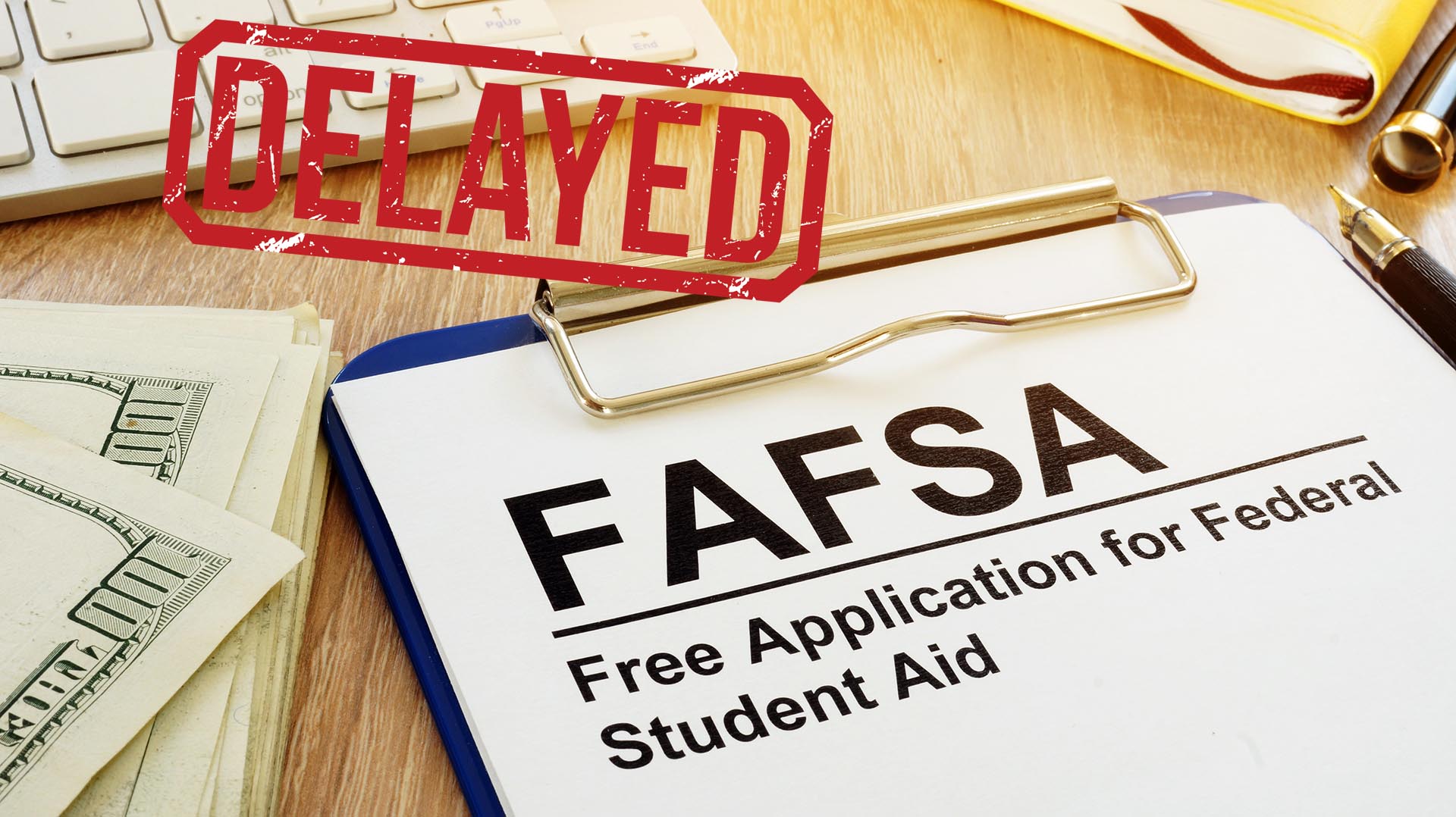‘Til debt do us part
Even with comparatively low tuition rates, student loan debt can be debilitating. Our aid expert weighs in on what everyone needs to know.

We’ve all seen the headlines: Student loan debt has outpaced credit cards and auto loans. It’s affecting mortgage applications and borrowers are delaying major life decisions.
And if it comes to getting this kind of debt discharged? Good luck with that.
But what does it mean? Why does it matter? And how can students become wealth-wise with regard to strong fiscal foundations?
As MSU Denver was recently recognized as one of the top public colleges for graduates with the least private student debt, it’s important to understand the ways saving money has a bottom-line impact – from having the lowest tuition rate of Colorado’s largest four-year universities to charging the same rate for up to 18 credit-hours as 12 and more.
With these questions in mind, we asked Mai Kitch, associate director of funds management-financial aid with MSU Denver’s office of financial aid and scholarships these questions and more.

What are some of the common pitfalls students face when it comes to taking out loans?
Because loans do not have to be paid back right away, students might borrow as much as they can without realizing the consequences of their total debt – including interest (the standard payment plan is 120 months, or 10 years). The more you borrow, the more this impacts your income-to-debt ratio, which not only affects your credit rating but it can affect how much you may qualify for a mortgage or car loan down the road.
Many borrowers also don’t read their disclosure statements, so don’t know their rights and responsibilities. In addition, when the time comes to start making payments, they tend to miss information on different payment plans, deferment or loan forgiveness programs.
What’s the difference between federal loans and private loans?
Federal loans are guaranteed by the federal government. If a student is degree-seeking, in good academic standing and at least part-time, they can, for the most part, qualify for Federal Direct Loans. If approved for a subsidized loan, it doesn’t accrue interest while enrolled in school. A credit check is not required, there is a fixed interest rate and any interest paid can be tax deductible. In addition, there are several payment options available as well as forbearance and deferment options.

Private loans are credit-based, therefore, these loans are not guaranteed. Students start this application process with their banks or credit unions. Interest rates can be variable and interest paid on these loans are not tax deductible.
There are loan companies that will consolidate both private and federal loans; however, these companies do not offer income-based repayment plans – nor could you work with them on deferment or forbearance if you encounter economic hardship. Make sure to read the fine print before consolidating.
If students face unexpected financial hardship, what’s the best recourse/resources to consider?
For borrowers, contact your lender as soon as possible. Lenders will work with borrowers and may be able to either temporarily lower their monthly payment or see if they can defer their payments. Current students should contact our office and speak to a counselor. There is a process in which a student can appeal the income information on their current FAFSA if it has changed.
How is student loan debt different from other kinds of debt?
Student loan debt is considered “good” debt, in that it’s looked at as an investment. By attaining a college degree, you will typically earn more and have a higher return on your investment. However, if you are unable to make your monthly payments and run the risk of going into default, this can cause a garnishment of your wages and any tax return refunds. Student loans cannot be discharged during bankruptcy.
What are the first things students should do after graduation when it comes to repaying loans?
Know who your loan servicer is and start communicating with them on your repayment options during your grace period. If you are interested in an income-based repayment plan, have your current tax information available, as this determines what your monthly payment will be. Make sure they have your current contact information.
What are some options for repayment students might not know about?
There are several repayment options that borrowers can explore and are available, either through Studentloans.gov or your lender. Income-based repayment plans require your income information and must be renewed year–to–year. The Public Loan Forgiveness Plan allows borrowers who work in the nonprofit sector to have their loans forgiven after making 120 payments.

What should students (and parents) consider before taking out a loan?
Borrow what you need. Consider the total amount of loans throughout your time as a student as well as the interest rates for unsubsidized loans. Live like a student today so you don’t have to tomorrow.







